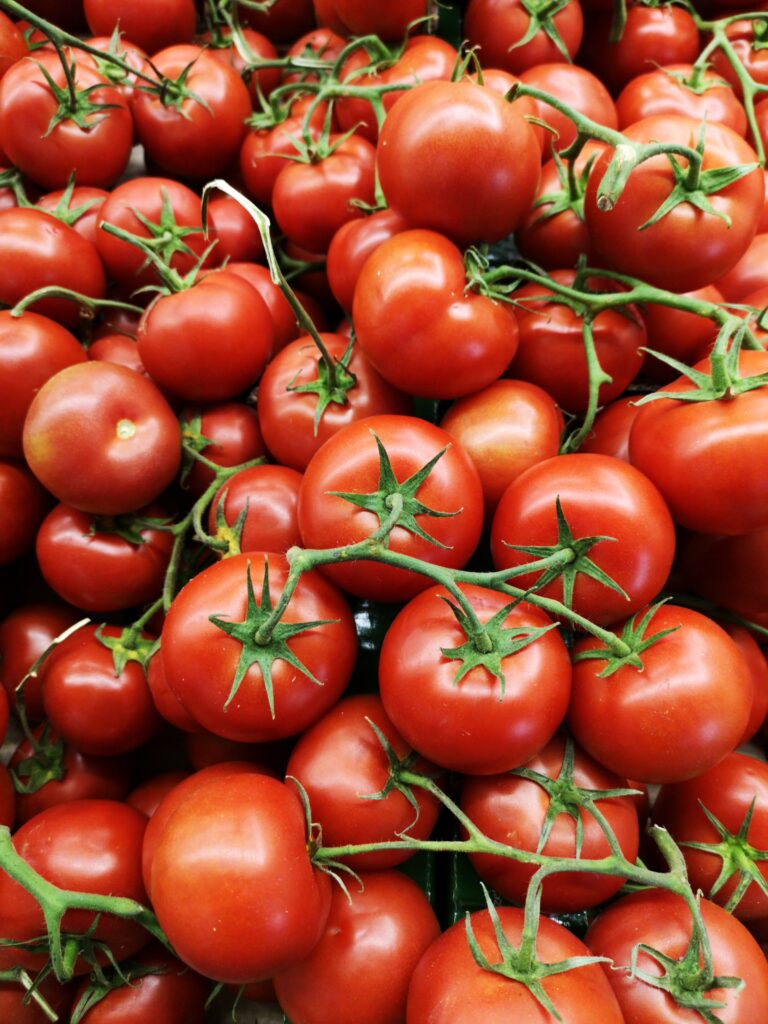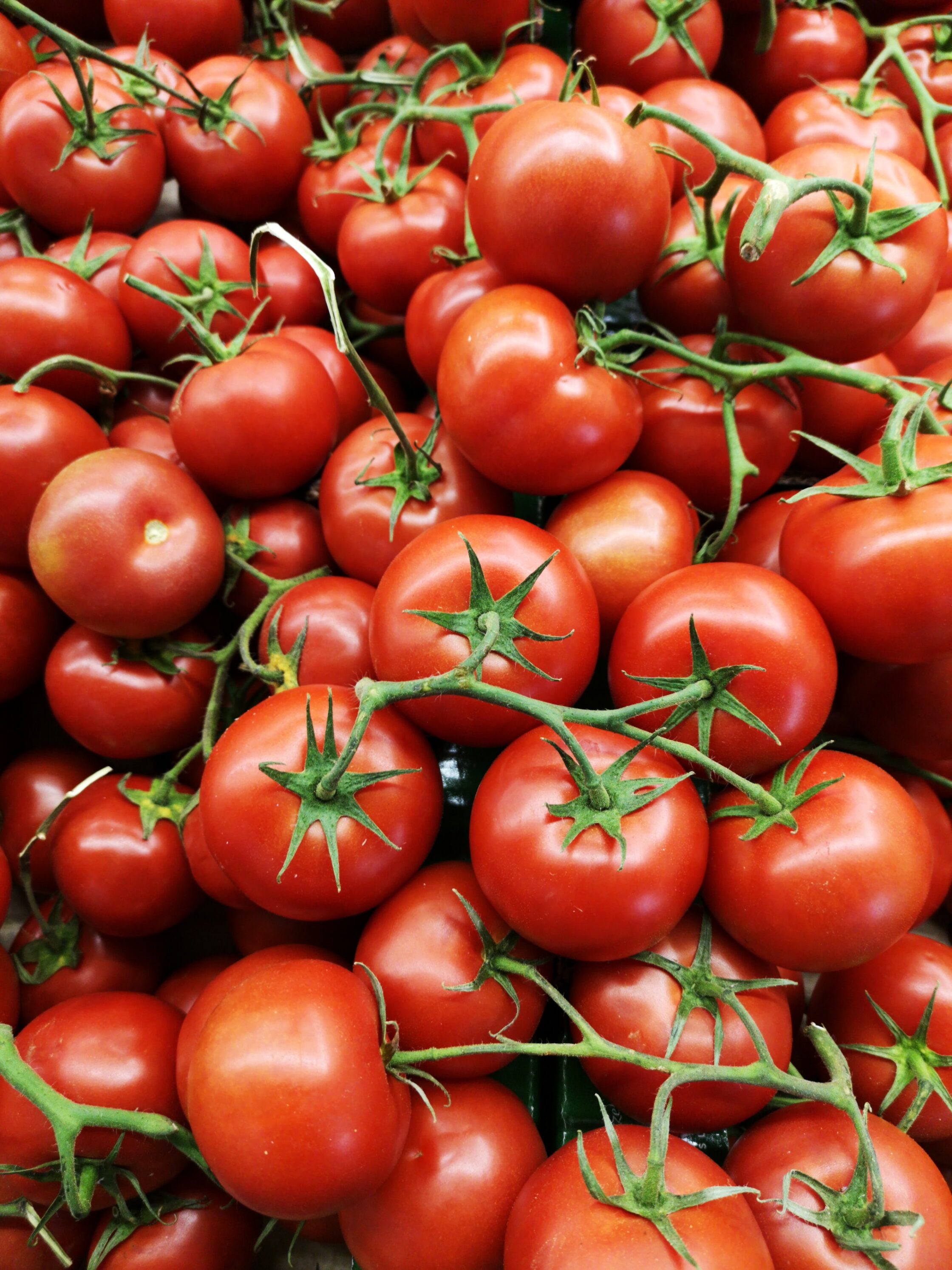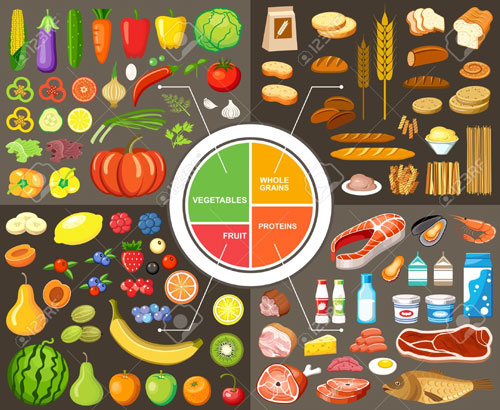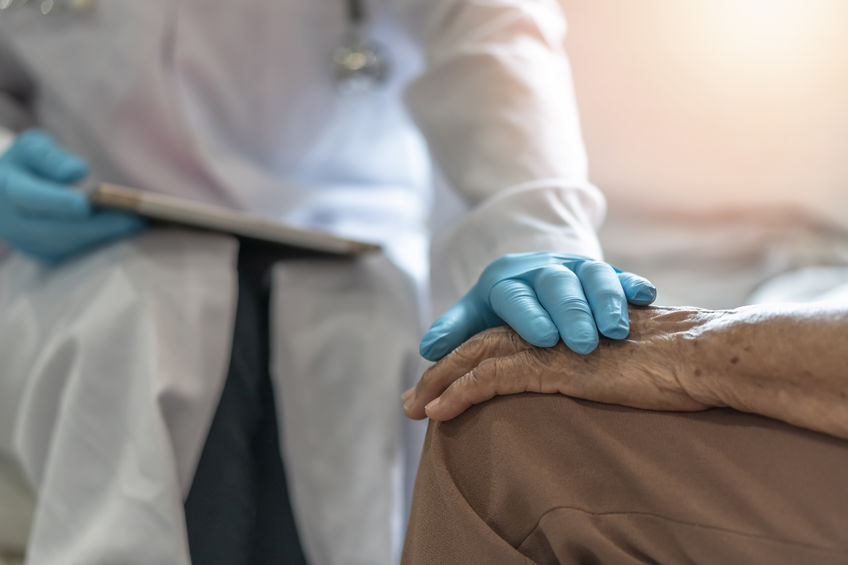Here we are again to bust another myth! Do tomatoes cause kidney stones? Should we avoid eating them or prepare them in a different way to prevent kidney stones? Or is there no scientific backing to this myth?
What are kidney stones?
- Kidney stones are found in the kidneys or in the ureter (the tube that connects the kidneys to your bladder).
- They are common, with more than one in 10 people experiencing kidney stones in their life. Most often people are affected between the ages of 30 and 60.
- They can be very painful and lead to kidney infections or the kidney not working properly if left untreated.
- Kidney stones are formed by waste products in the blood collecting inside the kidneys. These waste products forms crystals and they can build up to form a hard stone like lump.
- The main causes of kidney stones are not drinking enough fluids, taking some types of medication, and having a medical condition that raises the level of certain substances in your urine.
- Although there are different types of kidney stones, one of the most common is when calcium combines with oxalate. Globally, approximately 80% of kidney stones are composed of calcium oxalate.
Do tomatoes cause kidney stones?
- Tomatoes contain oxalate; however, the quantity is so low that unless your doctor specifically advises you to avoid tomatoes, or other high oxalate foods, it is unlikely they will cause kidney stones.
- It is hard to work out the exact oxalate content as the ripeness of the fruit and other factors impact the oxalate content of tomatoes.

What are the health benefits of tomatoes?
- Now we know tomatoes are not linked with the formation of kidney stones. We also know that tomatoes are very tasty and can be an excellent addition to many dishes.
- Not only are they delicious but they’re also good for you and have a high nutrient content. They contain vitamin C, vitamin A, potassium, folic acid, vitamin B6, antioxidants and fibre.
What are some ways to avoid getting kidney stones?
- Most kidney stones are small enough to be passed in urine and it can sometimes be possible to treat the symptoms at home with medication. Larger stones may need to be broken up or removed with surgery.
- The best way to avoid getting kidney stones is to make sure you stay hydrated by drinking plenty of water. Your urine should be pale in colour to prevent waste products forming into kidney stones.
If you suspect you have kidney stones, you should always go speak to your doctor and follow their advice.
- Other ways to avoid kidney stones are
- Adding fresh lemon juice to your water. We did a whole article on this click here to read!
- Avoid fizzy drinks.
- Limit salt intake.
- Eat calcium rich foods (dietary calcium binds with oxalate in the intestines and decreases the amount of oxalate absorbed in the bloodstream).
- Limit animal protein (too much animal protein is linked to an increase in uric acid, another cause of kidney stones).
- Certain foods such as beetroot, chocolate, spinach, rhubarb, tea, and most nuts are rich and oxalate. However, you should only avoid these foods if advised by your doctor.
Conclusion
Do tomatoes cause kidney stones? No. Although kidney stones are not linked with consuming tomatoes, they are common and it i important to know the best ways to prevent them. Keep hydrated and ask your doctor if you have any concerns or questions. Another myth busted!
Studies discussed in the article
Reduction of Oxalate Levels in Tomato Fruit and Consequent Metabolic Remodeling Following Overexpression of a Fungal Oxalate Decarboxylase
Niranjan Chakraborty,Rajgourab Ghosh, Sudip Ghosh, Kanika Narula, Rajul Tayal, Asis Datta, and Subhra Chakraborty
Link- https://www.ncbi.nlm.nih.gov/pmc/articles/PMC3641215/
Kidney stones
Saeed R. Khan, Margaret S. Pearle, William G. Robertson, Giovanni Gambaro, Benjamin K. Canales, Steeve Doizi, Olivier Traxer and Hans-Göran Tiselius



